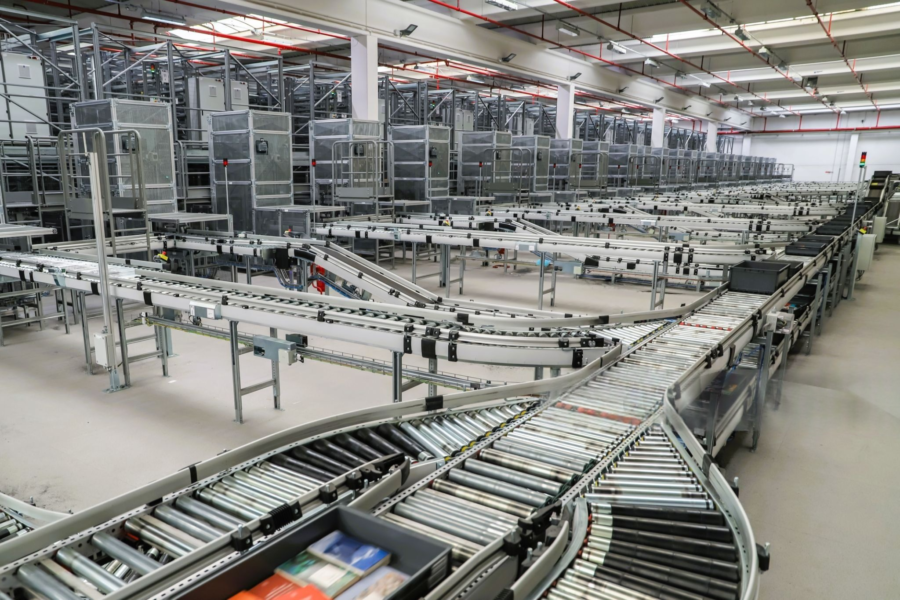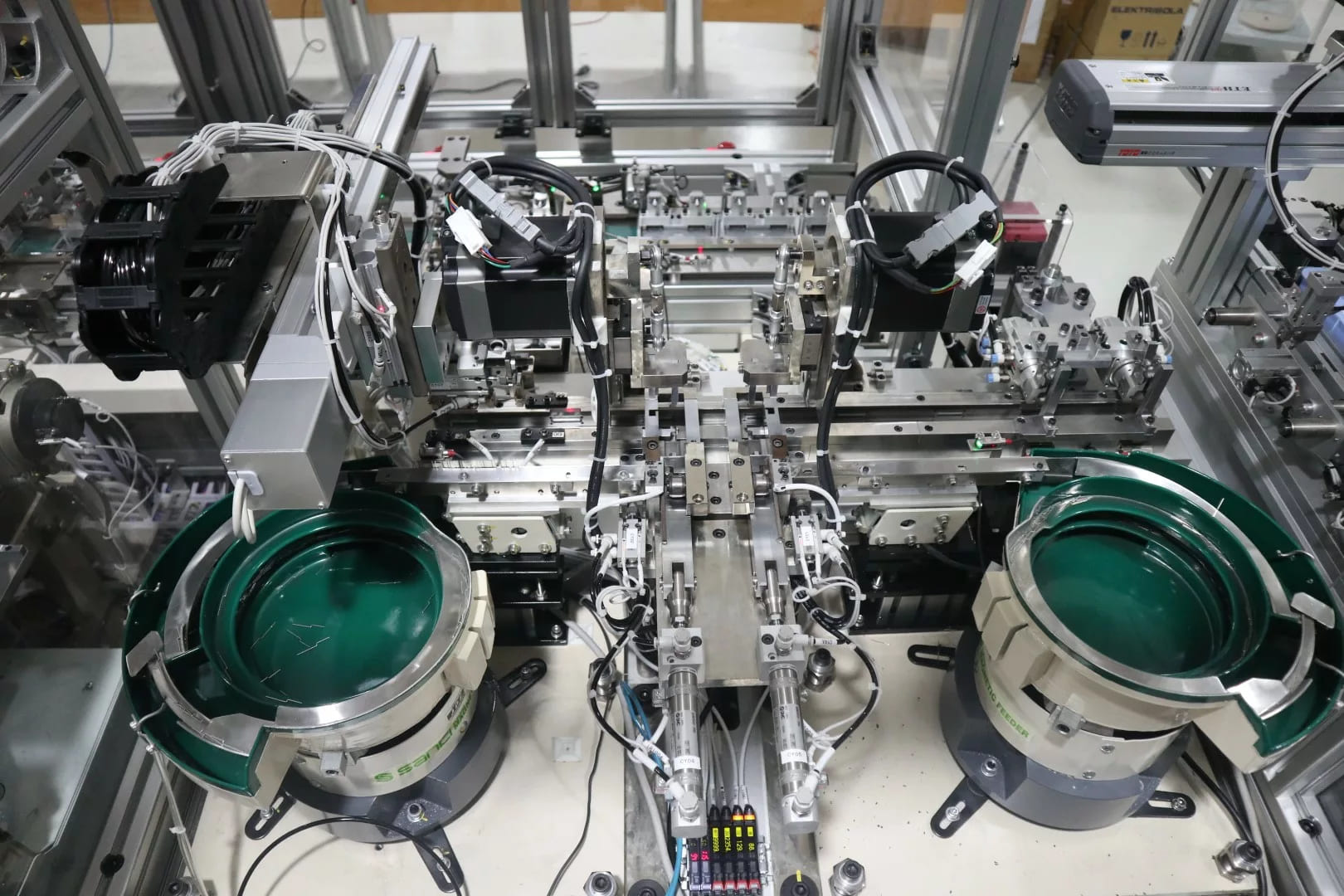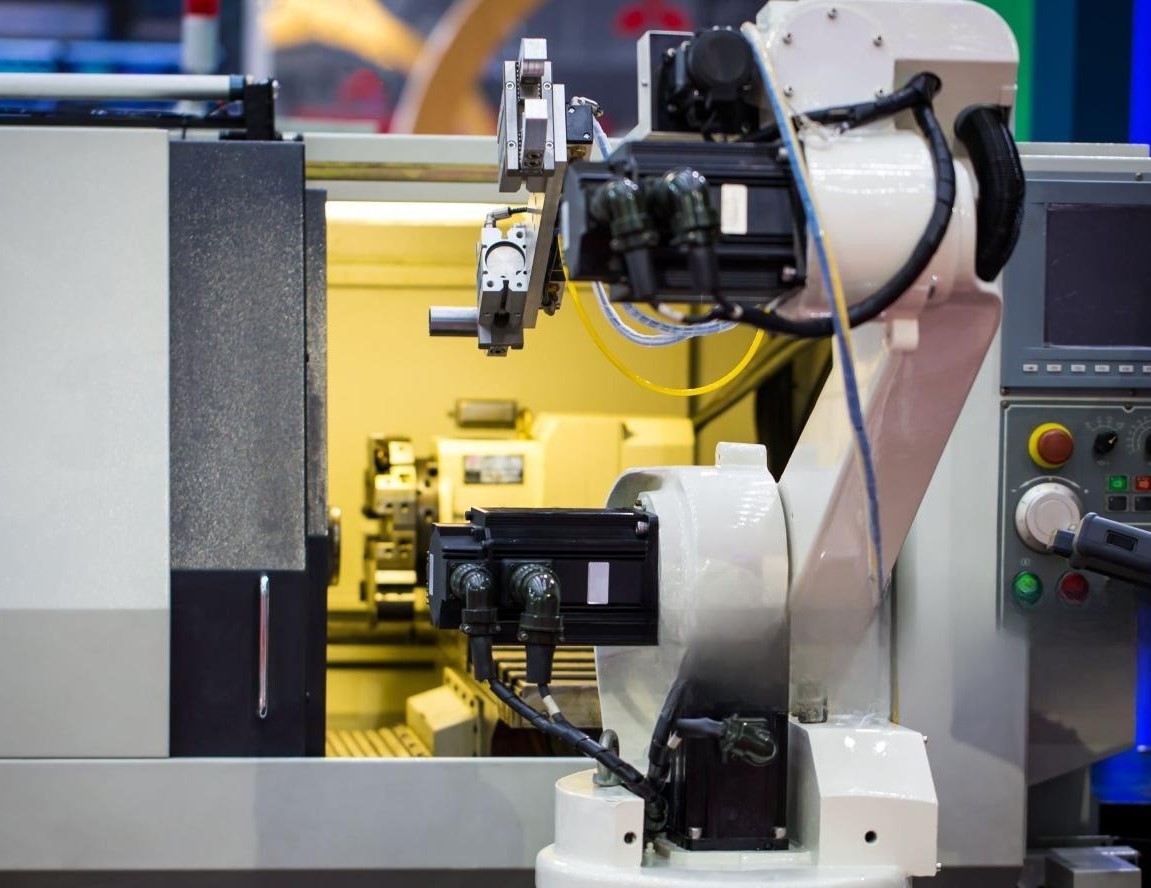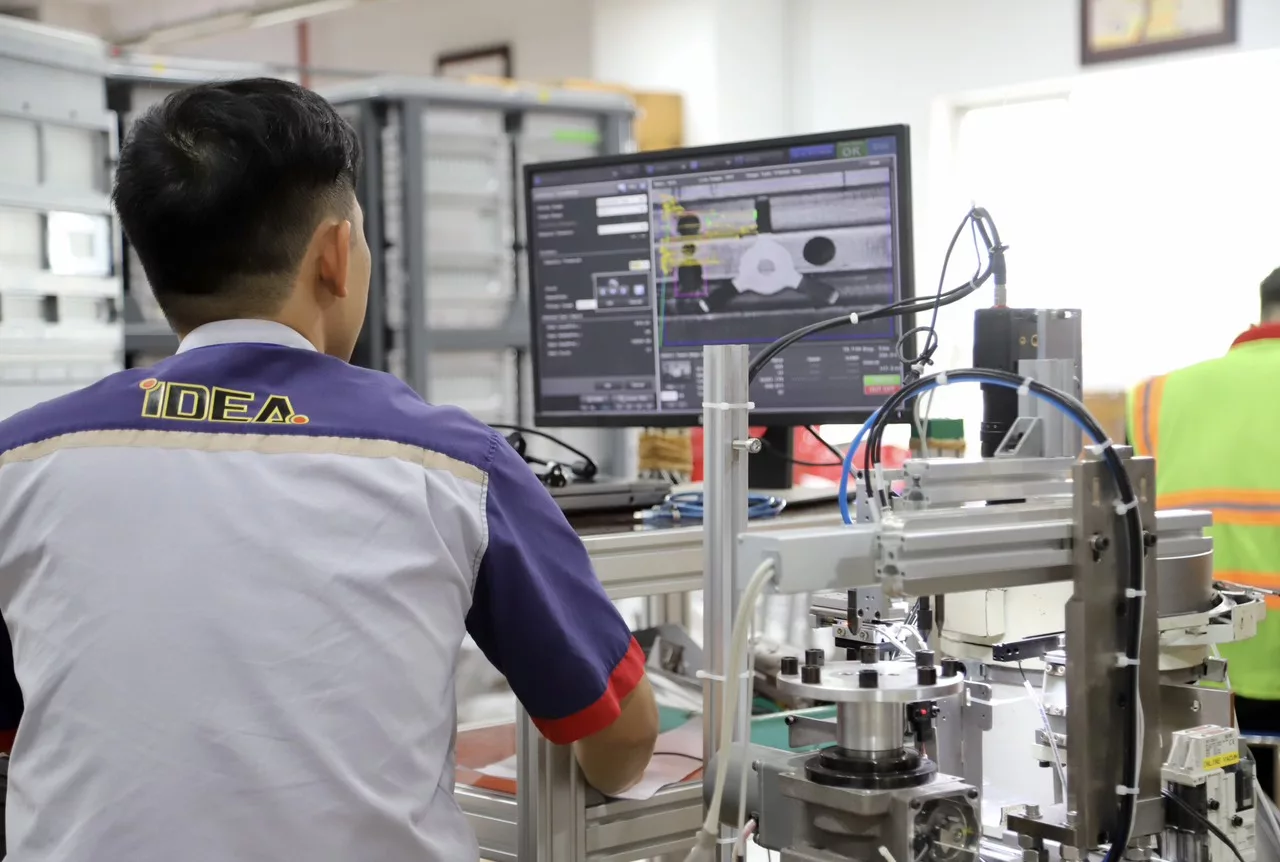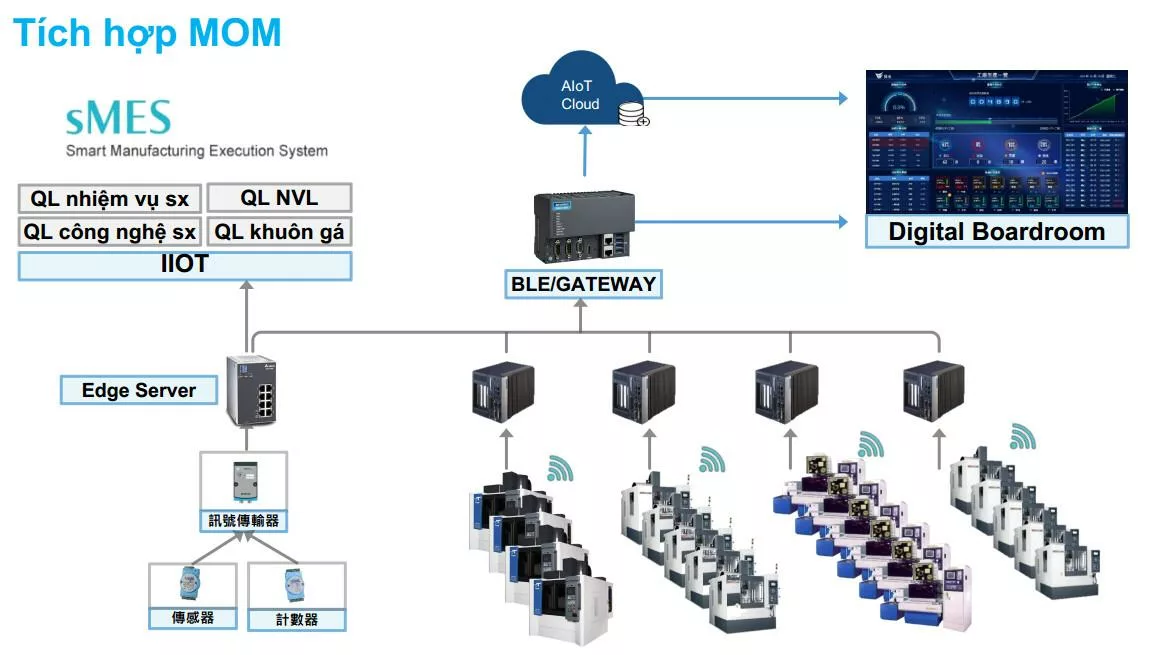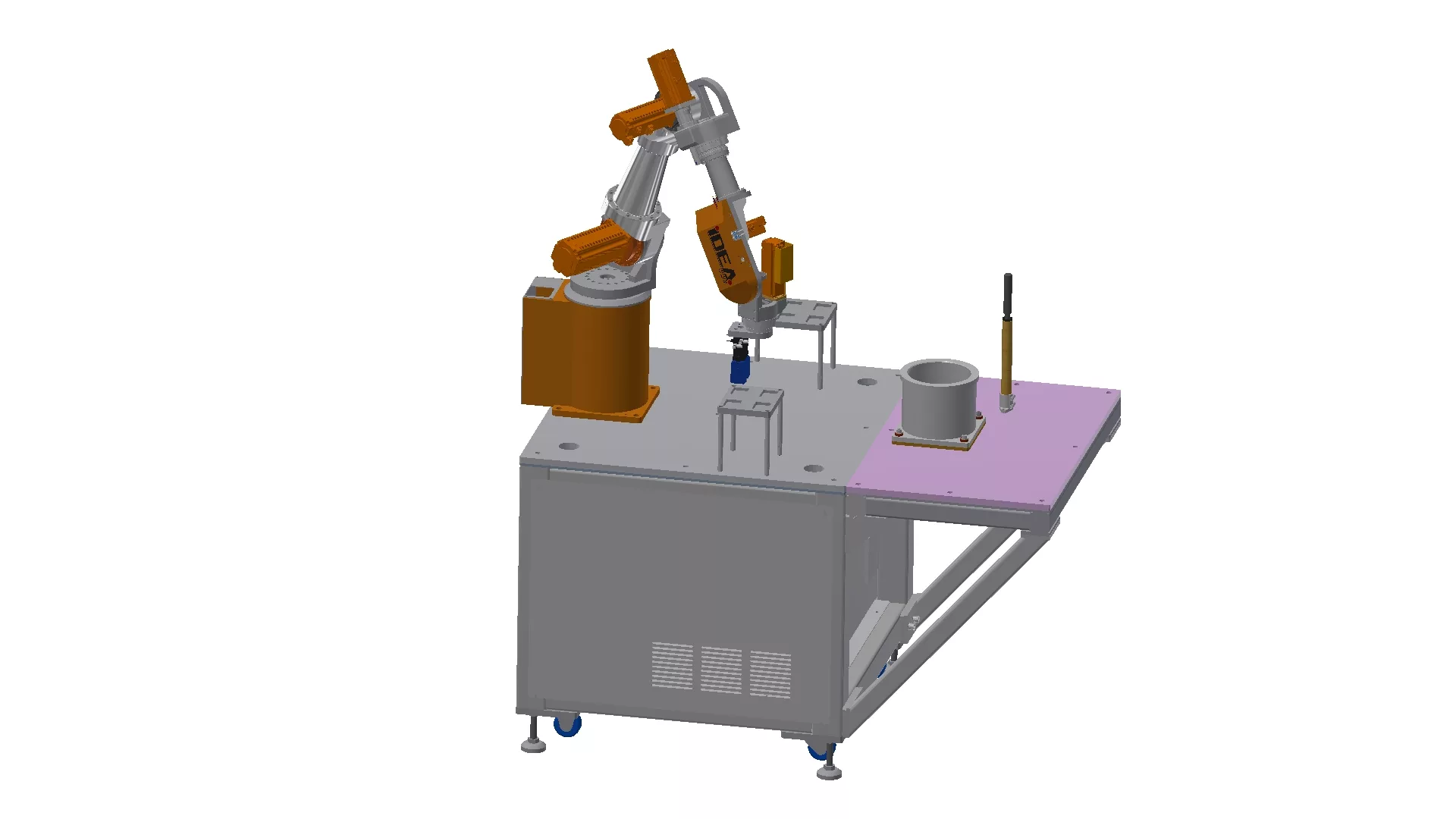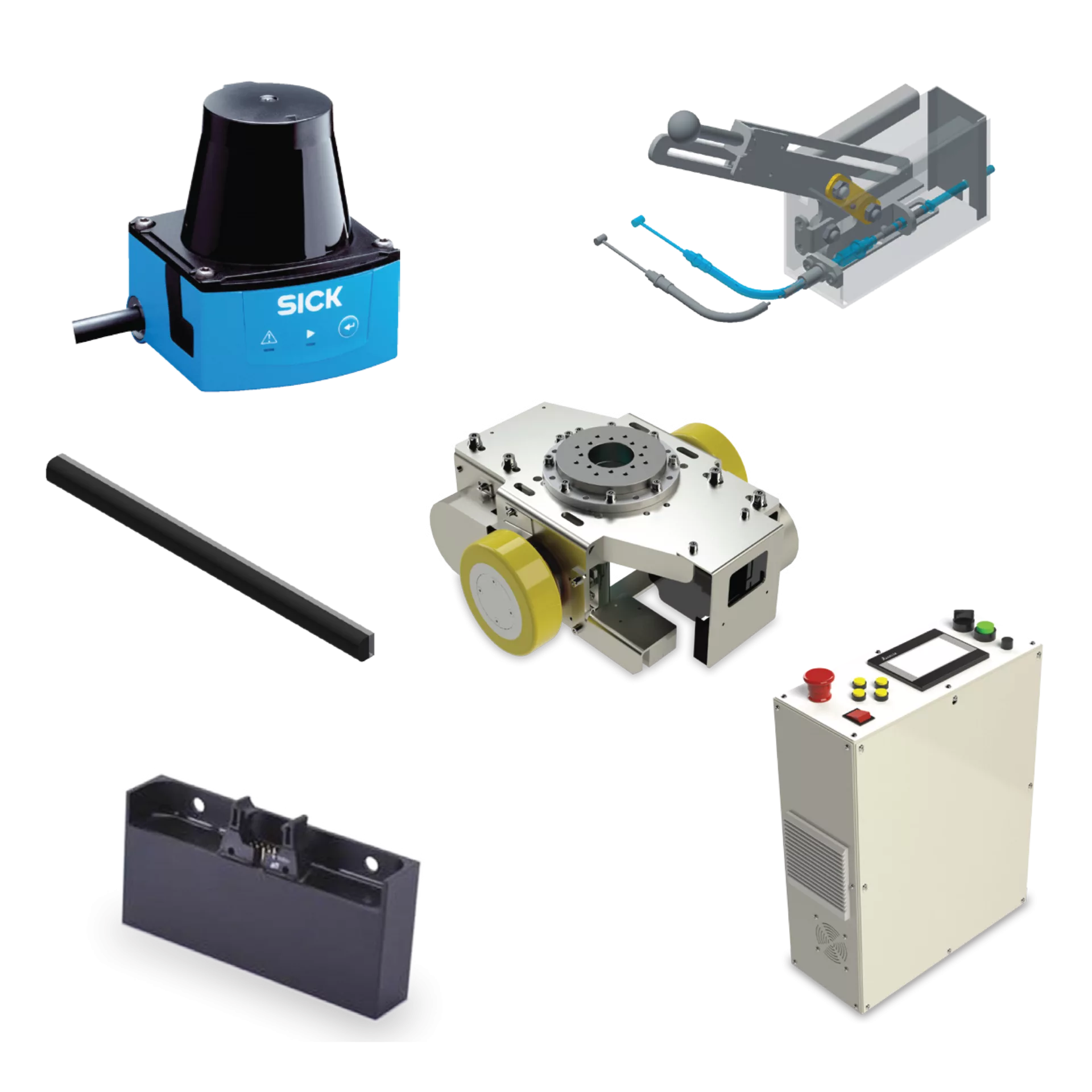As global demand intensifies for safer, cleaner, and more efficient food manufacturing, automation in food processing and packaging has become a vital driving force behind innovation in the food & beverage industry. From streamlining production lines to reducing human error and ensuring product integrity, automation technologies offer unparalleled advantages. Companies that integrate smart machinery and advanced software solutions into their operations are seeing significant boosts in productivity and consistency.
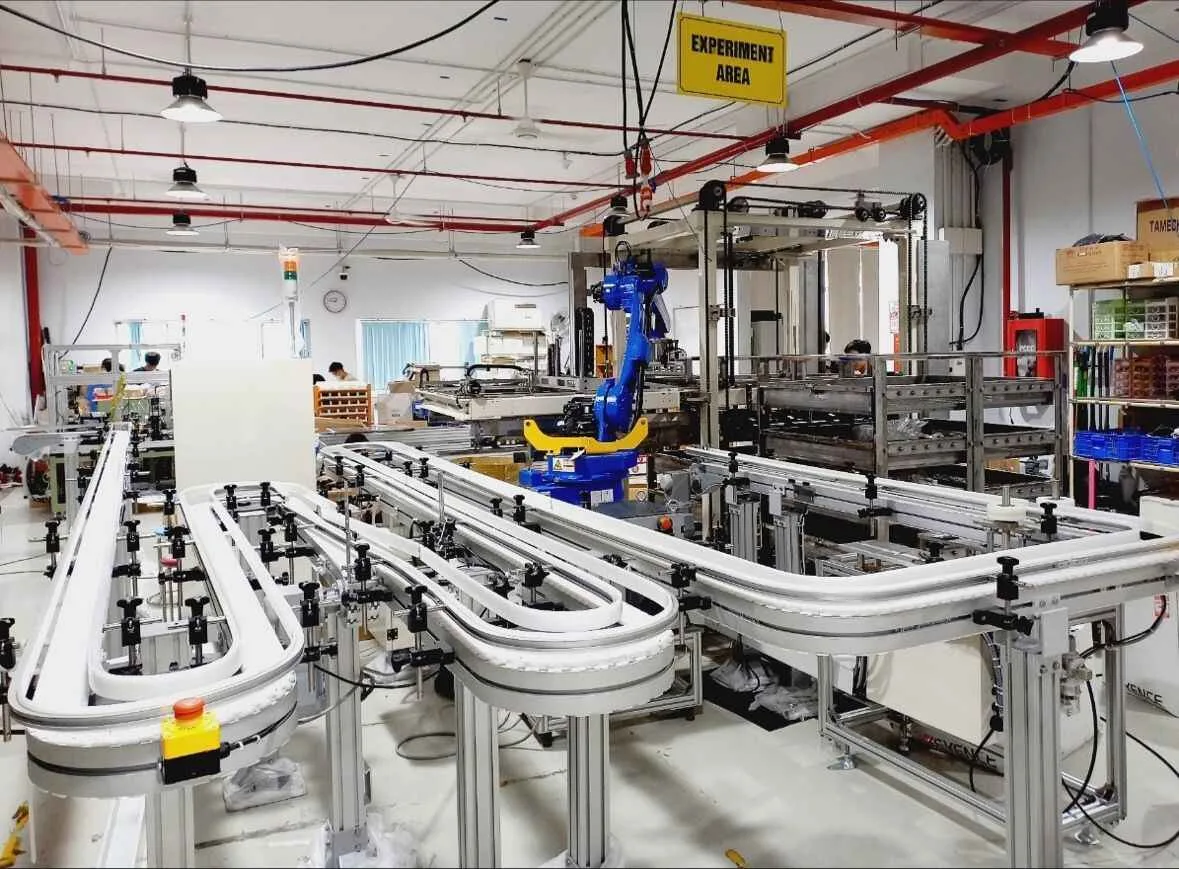
The Rise of Automation in the Food & Beverage Industry
Modern food and beverage manufacturers are rapidly embracing automation to overcome labor shortages, meet strict health regulations, and scale operations. Whether in processing raw materials or during final product packaging, automation enhances operational reliability and quality assurance. Integrating robotics, vision systems, and real-time monitoring tools ensures faster throughput and minimizes contamination risks.
Key Applications of Automation in Food Processing
Automation in food processing has transformed how food is sorted, prepared, and portioned. It facilitates consistent quality and significantly improves hygiene, which is critical in food safety protocols. Some prevalent applications include:
- Ingredient handling and mixing: Precision-controlled systems ensure accurate dosing and blending of ingredients.
- Thermal processing: Automated cooking and cooling systems allow uniform heating and cooling cycles.
- Quality inspection: Vision-based systems detect product imperfections, ensuring only high-quality goods reach consumers.
Automation and Its Impact on Food Packaging
Packaging is one of the most automation-friendly areas in the food industry. Automated machinery handles labeling, filling, weighing, sealing, and palletizing with minimal human intervention, lowering packaging errors and material waste. Benefits also include:
- Consistent and accurate packaging sizes.
- Faster response to market demands and custom packaging requirements.
- Integration with traceability and tracking systems for better product management.
Benefits of Automation for Food & Beverage Manufacturers
Implementing automation in food processing and packaging processes brings vast improvements across multiple fronts. Key benefits include:
- Increased productivity by reducing downtime and manual handling.
- Enhanced food safety with reduced contamination risks through contactless operations.
- Operational cost savings by minimizing labor and material waste.
- Data-driven decisions supported by real-time monitoring and analytics.
Challenges in Implementing Food Industry Automation
Despite the numerous advantages, transitioning to a fully automated system presents a few challenges such as initial capital investment, workforce training, and systems integration. Working with experienced partners like IDEA Group makes the process smoother and more efficient. IDEA offers customized industrial machine design and drafting services that align with your unique production needs and facility layout.
Case Studies: Automation Success in Vietnam
In Vietnam, the integration of automation in food and beverage plants is accelerating rapidly. Local manufacturers, with support from specialists like Che Tao May IDEA, are implementing intelligent processing lines and robotic arms to improve operating margins and stay competitive globally. Meanwhile, distributors and end-users benefit from solutions provided by platforms like IDEA Tech Mart, offering a broad range of automated equipment and technical support.
Future Trends: Smart Automation and Sustainability
Looking ahead, automation will continue to evolve with advancements in AI, machine learning, and IoT integration. Smart factories equipped with predictive analytics and digital twins will elevate production forecasting and energy efficiency. Sustainable packaging and reduced carbon footprints will also be key drivers in shaping food industry innovations.
Automation in food processing and packaging is no longer optional—it’s a strategic necessity for companies aiming to thrive in a competitive and quality-driven marketplace. Align your production goals with the right technologies and expert partners. Contact IDEA today to explore tailored automation solutions and experience the future of efficient and scalable food manufacturing.


